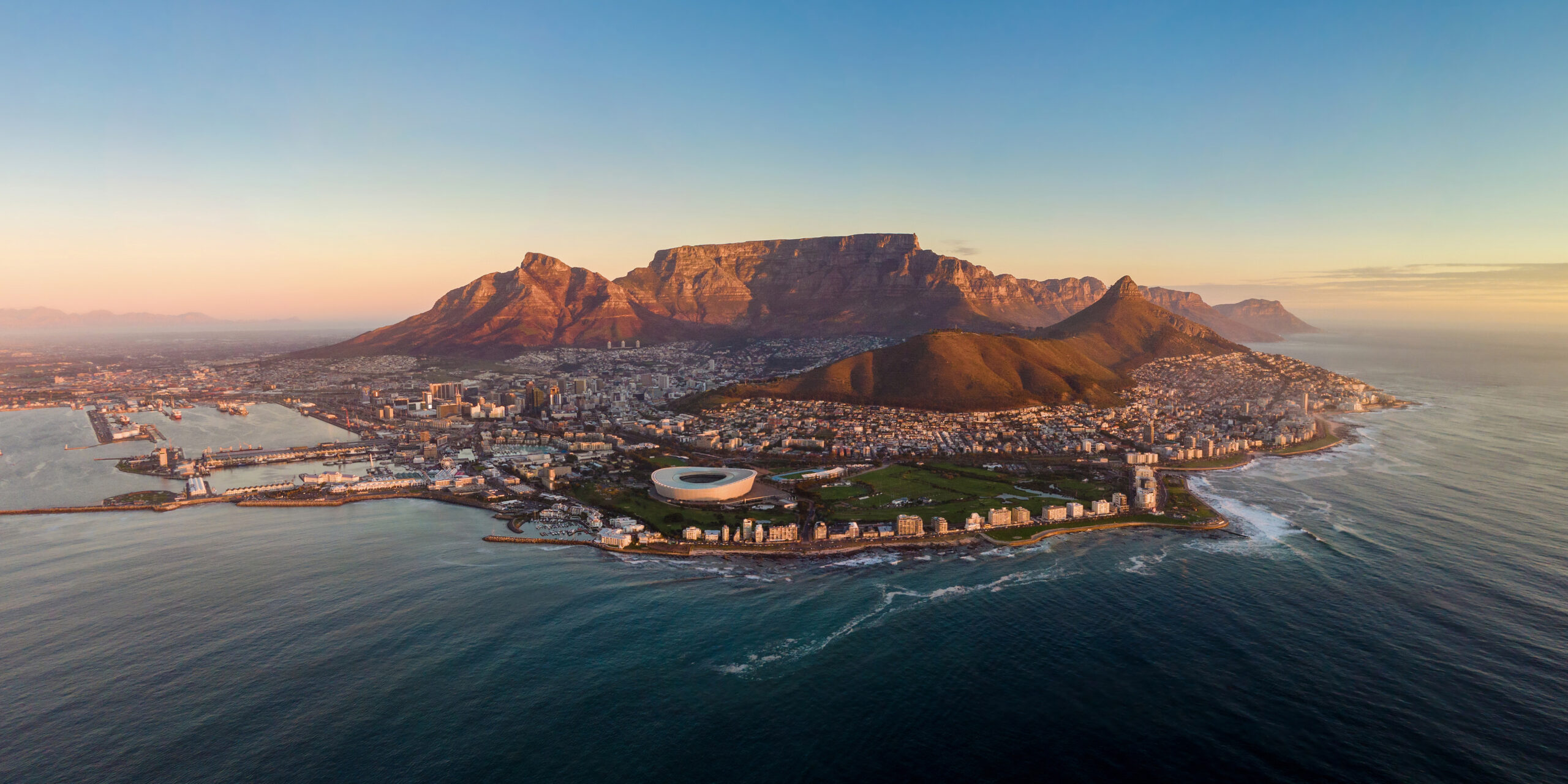South Africa recently requested that Taiwan move its unofficial embassy, known as a liaison office, from the administrative capital Pretoria to the commercial hub of Johannesburg in a move widely seen as a gesture to appease China, which has been intensifying its diplomatic efforts to isolate Taiwan internationally. China claims Taiwan as part of its territory and has pressured nations to limit their formal relations with the self-governing island.
In response on Tuesday, October 22nd, Taiwan firmly rejected South Africa’s demand. Taiwanese Foreign Ministry spokesperson Jeff Liu stated that this request violates a 1997 agreement between the two sides, established after South Africa severed formal diplomatic ties with Taiwan in favor of China. Liu further added that Taiwan has no intention of complying with the “unreasonable demand” and emphasized that the office’s location is Taiwan’s decision. The two sides maintain unofficial relations, with South Africa operating a similar liaison office in Taiwan’s capital, Taipei.
The tensions arise at a time when China has been increasingly assertive in its efforts to diplomatically marginalize Taiwan. Earlier this month, Taiwan celebrated its national day, rejecting China’s claims of sovereignty, which was followed by large-scale Chinese military drills near Taiwan. China’s foreign ministry has praised South Africa’s move as a “correct decision” and reiterated that Taiwan’s quest for independence is destined to fail.
Taiwan’s rejection of the relocation request has drawn international attention, including from the United States Congress. Republican Senator Marsha Blackburn condemned South Africa’s actions, urging the Biden administration to impose consequences on South Africa if it continues to align with China. She suggested removing South Africa from key U.S. trade programs, accusing it of prioritizing China’s influence over democratic partnerships.
Taiwan maintains unofficial missions in several countries worldwide, but its presence in Africa has been limited, with just five offices remaining on the continent. Despite China’s increasing economic and diplomatic influence in Africa, Taiwan has resisted pressure to reduce its global footprint, especially in light of its strong commercial and trade relationships with nations like South Africa.
China’s influence over South Africa, a member of the BRICS bloc, is significant, making this latest diplomatic development an important indicator of Beijing’s success in isolating Taiwan. Taiwan’s stance, however, shows a determination to stand firm against these efforts, even as the diplomatic pressure mounts.










